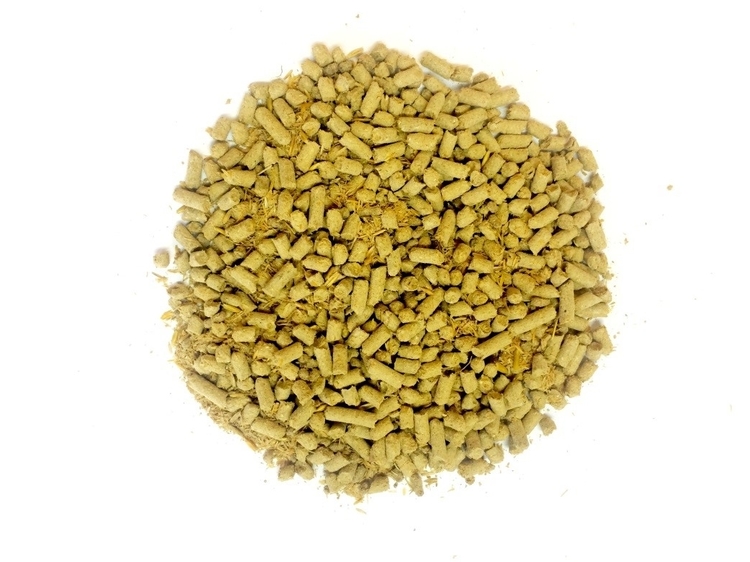Many UK dairy farmers could boost their use of highly cost-effective home-grown cereals in cow diets by as much as 40% thanks to a range of versatile new alkalising feed options from FiveF Alka Limited.
Speaking to farmers at UK Dairy Day [13th September 2017], FiveF Alka Limited director and nutritionist Malcolm Graham said the company was now able to offer every milk producer in the country a bespoke alkalised feed solution designed to help them make the most of what they can grow on their own farm.
“Many farm users of our alkalising technology are now feeding 20-40% more of their home-grown feed materials, cutting feed costs whilst also increasing milk output and improving longer-term profit factors such as cow energy status and fertility,” he said.
He added that there was a range of post-harvest options still available to UK dairy farmers. “You can now make Alkagrain right through the winter from stored cereals, or easily alkalise a TMR by using AlkabupHa – even if you don’t have any grain in the barn. The key message is versatility.”
To complement the alkalising technology FiveF has developed over the last 30 years allowing farmers to make their own Alkalage, Alkagrain and Alkastraw, the company is also now helping partner feed companies to make a range of Alka feeds.
“A great example of this co-operation is new Alkafibre,” Mr Graham said. “This new product is a joint development between HJ Lea Oakes and ourselves, which can be distributed nationally. Alkafibre is made from oatfeed pellets, a feed ingredient perceived to be of low nutritional value. However, the alkalisation process improves the rumen degradability of this fibre, adds valuable protein and makes it highly alkaline, making it a very cost-effective alternative to more conventional ration fibre sources such as beet pulp and soya hulls.”
Mr Graham said that FiveF had also extended its range of alkalisation options still further by launching packages to help partner feed manufacturers make blended and pelleted feed ranges. “The new Alkablend® blended feeds incorporate the super concentrated Alkagrain 150 Concentrate premix at 20%, allowing blenders to produce a range of bespoke feeds made from the ingredients stocked to balance on-farm feed availability and quality,” he said.
“The high specification Alkanut® ranges are manufactured pelleted feeds ready to use straight off the truck. They are also based on the novel Alkagrain 150 Concentrate. This is a powerful alkalising feed option and will be particularly useful for automated feeding systems, such as through milking parlours, robots and out-of-parlour feeders.”
He added that with cereal and protein prices continuing to diverge, more and more producers are looking to feed more from their own acres. “The various alkalisation systems we have developed now allow milk producers to feed up to 8kg of wheat to high performing dairy cows, leaving plenty of scope for typical mixed farms to use more of their high value cereal, rather than selling it whilst current ex-farm market prices are depressed. Alkalising the feed has repeatedly shown improvements in rumen pH stability, rumination time and feed intake. It really is a basis for making more effective, healthier milking cow diets that better utilise all the feeds fed,” he said.
Farmers interested in the most appropriate alkalising system for their farm cereal growing and cow-rationing situation should contact FiveF Alka Limited for further advice. Additional information is available at: www.fivefllp.com


